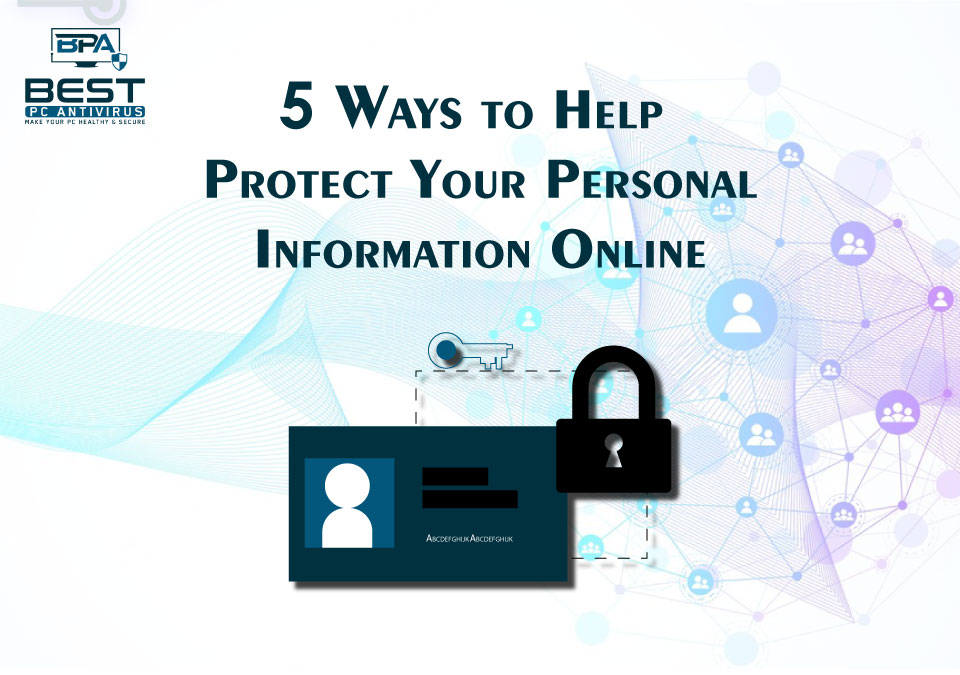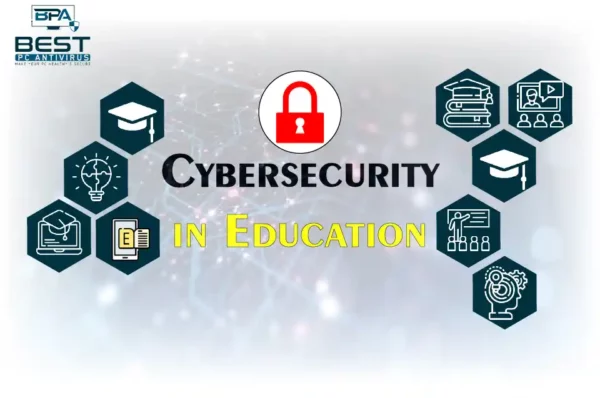Every day for five hours. By the end of 2016, that was how much time Americans spent on their mobile devices. Add in the time spent on computers and other Internet-connected devices—video games, anyone? —and it’s clear that we’re online a lot. Protect Your Personal Information Online Protect Your Personal Information Online
No matter how much time you spend online, it makes sense to be cautious about how and what you do there, thereby protecting your personal information from those who would love nothing more than to steal your identity and because you harm. The good news is that you can keep using your devices, but in a safer manner that does not interfere with your normal online activity/routine. Here are five easy steps to help you safeguard your personal information. Protect Your Personal Information Online Protect Your Personal Information Online
1. Use passcodes for your devices
Would the person who found your smartphone able to access what was on it if you left it in a coffee shop or taxi? That’s a terrifying scenario. It’s one thing to lose your smartphone, but giving the finder access to everything from your email and social media accounts to any personal information you may have stored on the device could devastate your life. Make use of a passcode to help protect your apps, accounts, and personal information. Do the same thing with your laptops and desktop computer.
2. Make strong, one-of-a-kind passwords for your online accounts.
If you have an online account with a company that has experienced a data breach, that should be your only concern. However, if you use the same login credentials on multiple accounts, a single breach incident could give hackers access to all of your accounts. That is why you should use a different password for each of your online accounts.
If you’re like me and have far too many online credentials to remember, consider using a password manager to keep track of all those different passwords. There are several options available with varying prices and plans, but it shouldn’t take you long to figure out which one is best for you. Simply do an Internet search for “password managers” and see what works best for you.
3. Restriction on social media sharing
If you share too much on social media, your personal information may end up in the wrong hands. Pay attention not only to the pictures and posts you share, but also to your privacy settings, to limit the number of people who can see what you’re sharing. The University of Texas’ Center for Identity provides advice on how to manage privacy settings on various social media platforms. If your children use social media, you should also check their privacy settings. When it comes to posting, make sure they know what’s appropriate to share—and what isn’t.
4. Be cautious of free Wi-Fi.
You get what you pay for, don’t you? One good example is free public Wi-Fi. Sure, it’s convenient, but most free public Wi-Fi networks don’t provide much security. That means that anyone else on the same Wi-Fi network could “eavesdrop” on your online activity if they have the right tools. Given that, would you want to access your bank account or enter your credit card information while using public Wi-Fi? No, it does not!
Even a password-protected Wi-Fi network is only as secure as the people who know it. Save transactions for when you’re on a secure network, such as your home network. If you need to log in or transact online while using public Wi-Fi, use a VPN (virtual private network), which encrypts your activity so that others on the same network can’t see what you’re doing. Protect Your Personal Information Online Protect Your Personal Information Online
5. Delete any unused accounts
Consider all of the online accounts you’ve created over time. Consider which ones are still open but are rarely used. If one of these entities is breached, hackers may gain access to any personal information associated with that account. An old email account, for example, could contain a number of previous bank statements and healthcare forms—and those documents could contain personal information that could lead to identity theft. Spend some time identifying and shutting down unused online accounts. The less personal information you store on the internet, the better. Protect Your Personal Information Online Protect Your Personal Information Online
Nobody can prevent all identity theft, but by following these guidelines, you can help keep your personal information a little more “personal” online—something to strive for in this digitally connected age.
Read More : How your password can get into the wrong hands




